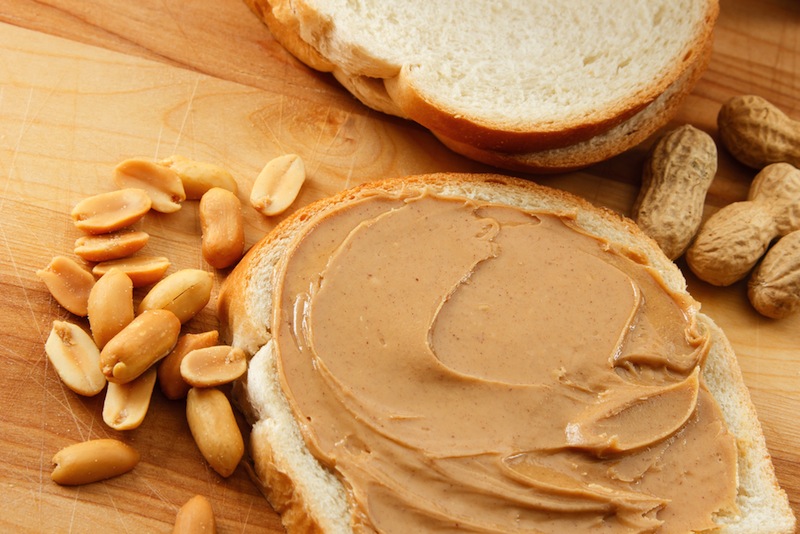New Peanut Allergy Treatment Shows Promise

Children with peanut allergies who tried a new treatment involving probiotics wound up being able to eat peanuts without suffering an allergic reaction, a new study from Australia says.
However, there is reason to be cautious about the study's results, said Dr. Donald Leung, head of pediatric allergy and immunology at National Jewish Health hospital in Denver, who was not involved in the study. The study may not have been long enough for researchers to see the long-term effects of the treatment, he said.
In the study, about 30 children under age 10 with a peanut allergy were given increasing amounts of peanut protein along with a dose of probiotics (or "good" bacteria) each day, over the course of 18 months. A second group of 30 children with the same allergies received a placebo (or "dummy pills") for 18 months, although doctors and patients involved in the study did not know which children received which treatment.
At the end of the study, about 80 percent of the children who received the peanut protein plus probiotic treatment were able to consume about 0.1 ounces (4 grams) of peanut protein without a reaction. What's more, when the parents of these children were interviewed about three months after the study ended, most said that their child was still able to include some peanuts in his or her diet (varying from five peanuts to 3 tablespoons of peanut butter a week). [8 Strange Signs You're Having an Allergic Reaction]
In contrast, only about 4 percent of the children who received the placebo treatment were able to consume peanuts without a reaction (about the same as the percentage of children who would be expected to naturally outgrow their allergy), the researchers said.
"This is a promising therapy," the researchers said, especially in light of the increasing number of children with peanut allergies. In the last decade, the rate of peanut allergies in the United States has tripled.
Leung agreed, saying the study was "a first step in evolving a new treatment for peanut allergy."
Get the world’s most fascinating discoveries delivered straight to your inbox.
Previous studies have shown that children with peanut allergies can build up a tolerance to peanuts (called desensitization) if they consume small amounts of the food. But such studies have also shown that this tolerance can disappear when they stop consuming peanuts, so they are not really "cured" of their allergy, Leung said.
In the new study, children went for about two to five weeks without consuming peanuts before they were tested to see if they had an allergic reaction. This "time off" from eating peanuts "was probably too short to know if these people were cured of peanut allergy," Leung said.
Longer studies are needed to see if the children's allergies come back in the months and years after the treatment is stopped.
Still, there is a scientific reason to think that adding probiotics to a treatment for peanut allergies might help. "The bacteria in our body has been shown to help educate the immune system," Leung said.
But because the new study combined probiotics with increasing amounts of peanut protein, it's not possible to know whether the probiotics helped, or whether the protein by itself would have produced the same results, Leung said. Additional studies are needed to separate the two, to determine the effect of each on children's allergies.
The researchers stressed that parents and children should not try this treatment without medical supervision, as a number of the children in the peanut protein group experienced an allergic reaction at some point during the study.
The study, from researchers at the Murdoch Children's Research Institute in Australia, was published online Jan. 12 in the Journal of Allergy and Clinical Immunology.
Follow Rachael Rettner @RachaelRettner. Follow Live Science @livescience, Facebook & Google+. Original article on Live Science.

Rachael is a Live Science contributor, and was a former channel editor and senior writer for Live Science between 2010 and 2022. She has a master's degree in journalism from New York University's Science, Health and Environmental Reporting Program. She also holds a B.S. in molecular biology and an M.S. in biology from the University of California, San Diego. Her work has appeared in Scienceline, The Washington Post and Scientific American.


